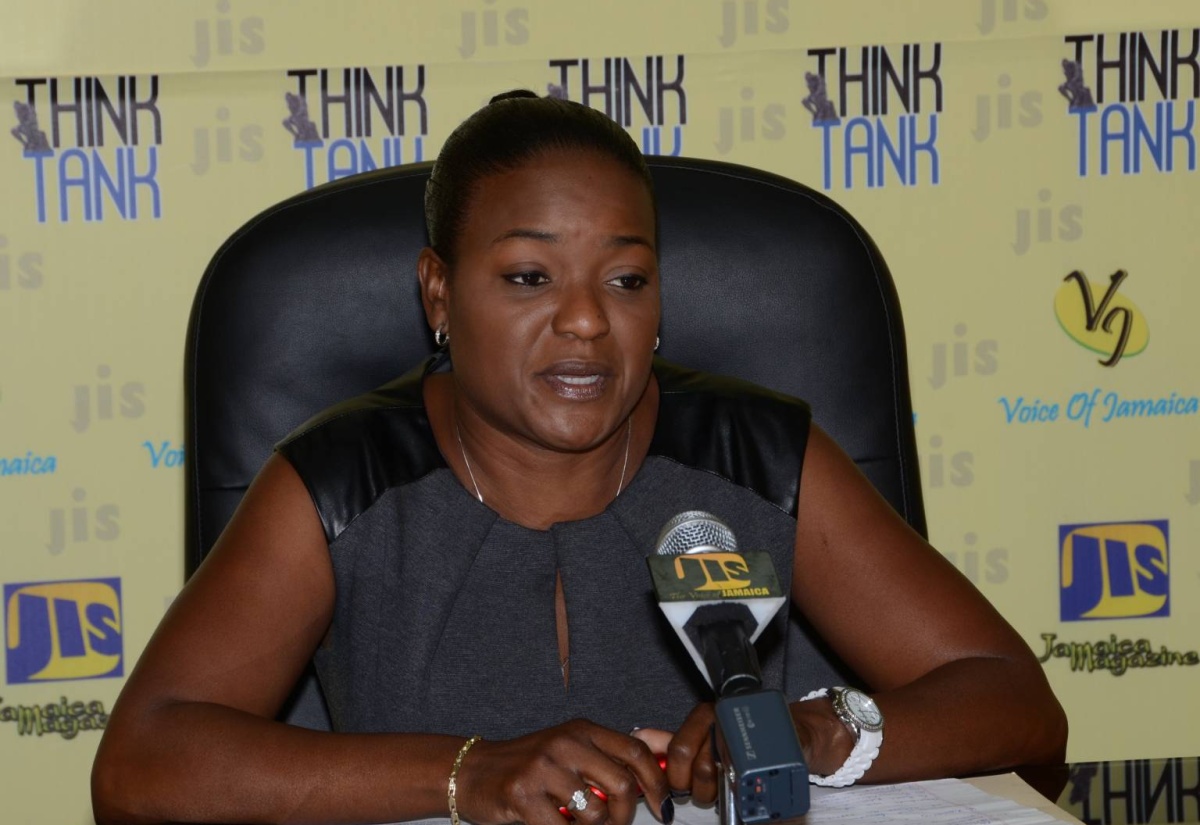Parents Urged to Support their Children as they Prepare for GSAT
By: , March 10, 2016The Key Point:
The Facts
- She says on the night before the examination, children should go to bed early to ensure that they are adequately rested and can perform their best.
- She further notes that regardless of the results, the Ministry of Education, Youth and Information has provided various pathways to ensure that each child will benefit from a sound education.
The Full Story
In one week, 39,129 students attending primary-level institutions across the island will sit the 2016 Grade Six Achievement Test (GSAT).
The test will be held over two days on Thursday March, 17 and Friday, March 18.
For those students, years of preparation, hard work and sacrifice will culminate with the sitting of five subjects over two days, the results of which will determine their placement in secondary school. The subjects are Language Arts, Social Studies, Science, Mathematics and Communication Task.
With the exam fast approaching and children may be understandably anxious, Chief Executive Officer (CEO) of the National Parenting Support Commission (NPSC), Dr. Patrece Charles, is urging parents and guardians to be supportive and reassuring during this period, in order to ensure that their children remain calm and can perform at their optimum.
“Parents really need to have conversations such as how is your day, how are you doing, don’t worry, everything is going to be OK just do your best and everything will work out,” she tells JIS News.
She advises parents not to be afraid to discuss the exam jitters with their children. “Make them understand that you are nervous at this time as well and it is a natural reaction to exams, so they should take a deep breath and you’ll get through it,” she continues.
She says parents and guardians should pay keen attention to their children and watch out for signs of exam stress.
“Children, who are stressed, may become very irritable and this may cause them to lose sleep or lose their appetite or even appear to be depressed. They could have stomach pains, they could be nauseous and parents ought to ensure that they are available for conversation with their children as often as possible during this period,” she says.
Dr. Charles says that parents should make themselves available to assist their children with studying and reassure them of their full support. “Even if you are not sitting down beside your child, make sure that your child realises that you are on the same team, that they have your 100 percent support, and that you are there for them,” she adds.
She says on the night before the examination, children should go to bed early to ensure that they are adequately rested and can perform their best.
“Good sleep aids in your child’s thinking, so most children at the primary level really require between eight to 10 hours of sleep each night,” she points out, adding that students should not go to the exam exhausted.
On the morning of the exam, Dr. Charles says children should have a healthy breakfast, but should not overeat. “Try to stay away from foods that contain a lot of fat or sugar because this can actually contribute to the irritability and moodiness of children,” she points out.
The NPSC CEO advises students to gather all materials needed for the examination from the previous night to avoid searching for things in the morning, as this can result in them becoming frustrated and flustered.
She says it is best to avoid studying on the night before the examination.
“If they don’t already know the material, then one night is not going to make that much of a difference. Instead, make sure that they…are relaxed and ready to be at their optimum level for the next day,” Dr. Charles notes.
She says students should arrive at the examination centre early so that they can be settled for the examination. “If you are late arriving to the exam and you have to rush to get settled, that’s going to result in unnecessary nervousness,” she points out.
She further tells students that upon entering the examination room, they should remain calm and pretend they are in a regular class. They should read the examination questions carefully before providing answers, and check to ensure that they have answered the entire question for each test.
Dr. Charles also urges students to make sure that the number that is being shaded on the answer sheet matches the number in the test booklets.
Once the results are published in June, she says parents should continue to support their children, irrespective of the school in which they have been placed.
“At the end of the day, when your child has done their best, hug them, praise them, help them to relax. Let your children know that failing is not the end of the world and it does not matter where you are planted, you can grow wherever you are planted,” she adds.
She further notes that regardless of the results, the Ministry of Education, Youth and Information has provided various pathways to ensure that each child will benefit from a sound education.
GSAT will be administered at 1,090 centres across the island. Of the 39,129 students scheduled to sit the exam, 20,254 are females and 18,875 are males.
GSAT is Jamaica’s national high school entrance examination. It is usually taken in March with the results released in June.
GSAT replaced the Common Entrance Examination in 1999.


